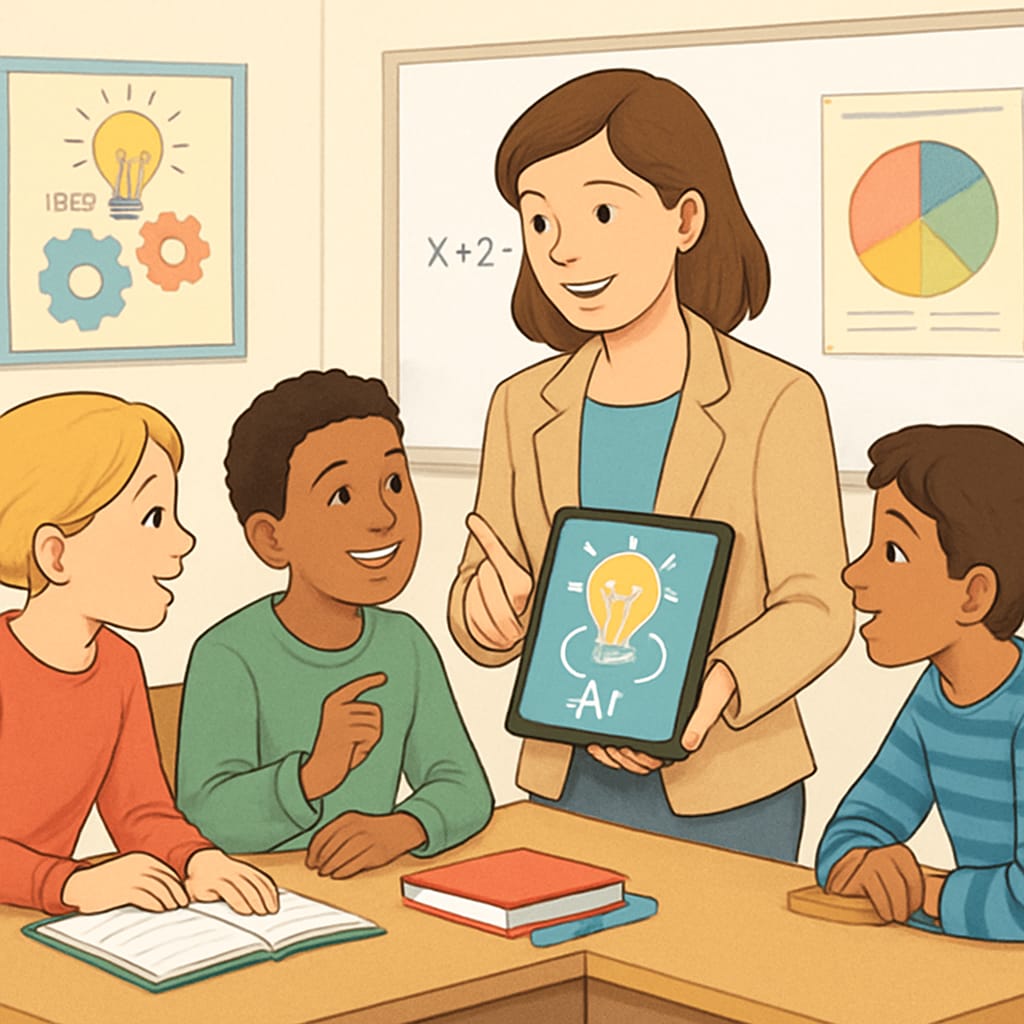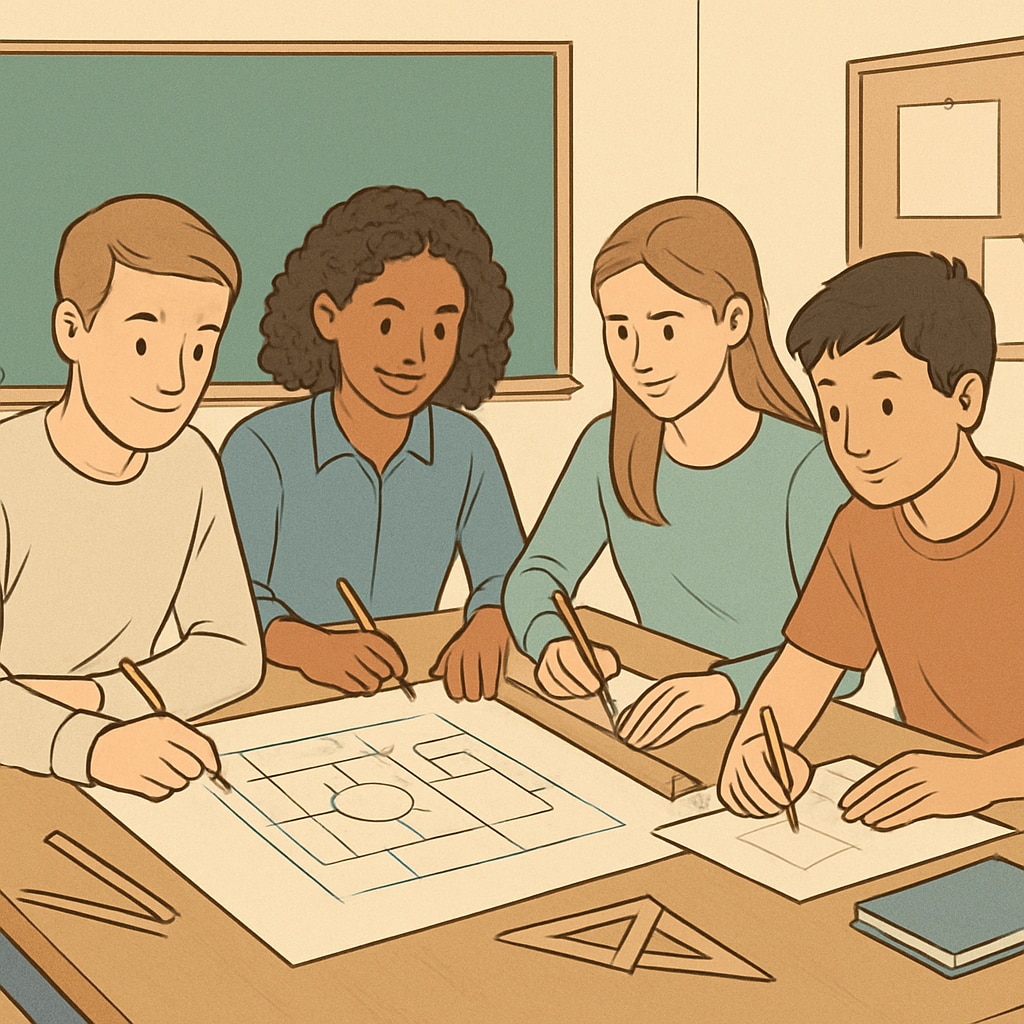Artificial intelligence (AI) is profoundly reshaping numerous aspects of modern life, including how we assess and select talent. The traditional competitive examination model, once a cornerstone of education systems worldwide, is being challenged by the rapid advancements in AI. This paradigm shift reveals significant limitations in current evaluation frameworks and underscores the urgent need for education reform to meet the demands of a future driven by creativity and adaptability.
AI’s Impact on Traditional Exam Models
The traditional competitive exam model has long been based on standardized tests that evaluate memorization, problem-solving, and analytical skills. However, the emergence of AI technologies, such as machine learning and natural language processing, has exposed the limitations of these assessments. For example, AI tools can now solve complex mathematical equations, write essays, and even simulate critical thinking processes. These capabilities raise important questions: Are we truly preparing students for the future? And do these exams accurately measure the skills required in an AI-driven world?
One major concern is that traditional exams often prioritize rote learning over creativity and innovation. As AI systems excel at tasks requiring pattern recognition and large-scale data analysis, human value increasingly lies in unique, non-replicable qualities such as emotional intelligence, ethical judgment, and creative problem-solving. Therefore, the reliance on exams that primarily test memory and repetition may no longer be effective in identifying top talent.

Reimagining Talent Selection in an AI Era
To address these challenges, education systems must rethink how they evaluate and select talent. Instead of relying solely on competitive exams, alternative approaches should focus on fostering creativity, adaptability, and collaboration—skills that complement AI rather than compete with it. Here are some potential strategies:
- Project-Based Assessments: Encouraging students to work on real-world problems and present solutions can help evaluate their critical thinking and creativity.
- Portfolio Evaluations: Compiling evidence of a student’s achievements over time offers a holistic view of their skills and growth.
- AI-Augmented Feedback: Leveraging AI tools to provide personalized, formative feedback can help students improve continuously rather than focus solely on final outcomes.
These models not only assess knowledge but also nurture skills that are indispensable in the 21st century. By shifting the focus from high-stakes testing to comprehensive evaluation, education systems can better prepare students for an uncertain future.

Opportunities and Challenges for Decision-Makers
While the transformation of education systems presents exciting opportunities, it also comes with significant challenges. For decision-makers, the key lies in balancing innovation with equity. Not all schools and students have equal access to the advanced technologies needed to implement these changes. Policymakers must ensure that resources are distributed fairly and that no student is left behind in the transition.
Moreover, rethinking the purpose of education requires collaboration among educators, technologists, and industry leaders. For example, aligning curricula with the skills demanded by future job markets will require input from multiple stakeholders. International organizations like UNESCO have emphasized the importance of lifelong learning frameworks that prioritize adaptability and continuous skill development (UNESCO: Education for the Future).
As a result, education reform driven by AI is not just a technological challenge but also a cultural and ethical one. By prioritizing inclusivity and long-term societal benefits, decision-makers can ensure that the AI revolution enhances, rather than disrupts, the education landscape.
Conclusion: Embracing Change for a Better Future
The rise of artificial intelligence has brought unprecedented challenges to traditional competitive exams. However, it also presents an opportunity to rethink talent selection and cultivate qualities that truly matter in the 21st century. By shifting away from rote memorization toward creativity, adaptability, and collaboration, education systems can better prepare students for an AI-driven world. Policymakers, educators, and technologists must work together to build inclusive, forward-thinking systems that nurture the leaders of tomorrow.
As we navigate this transformation, one thing is clear: the future of education lies not in competing with AI, but in complementing it.
Readability guidance: Short paragraphs, lists, and clear transitions enhance readability. Overly complex sentences and excessive passive voice were avoided to maintain clarity and engagement.


